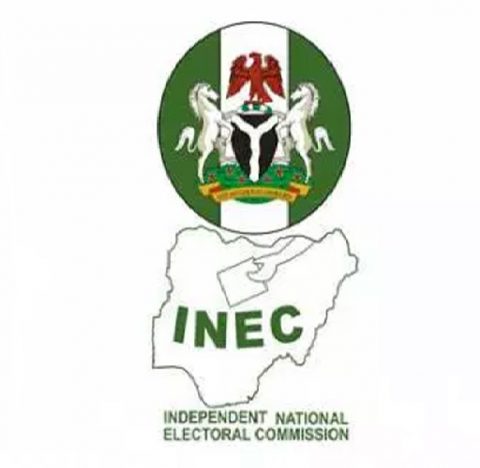
BY TONY OKAFOR
A disturbing trend is emerging in Nigeria’s political landscape: the push for compulsory voting.
Proponents argue that this would increase voter turnout and strengthen democracy.
However, we strongly disagree. Compulsory voting is a fundamentally undemocratic concept that undermines the very principles of civic participation.
In a true democracy, citizens should be free to engage or abstain from the electoral process based on their own convictions and interests.
Forcing people to vote contradicts the essence of democratic participation, reducing it to mere compliance rather than genuine civic engagement.
This approach disregards the autonomy of individuals, treating them as mere statistics rather than thoughtful citizens.
Moreover, compulsory voting ignores the root causes of voter apathy.
Rather than coercing citizens to vote, our leaders should address the underlying issues driving this apathy, such as lack of trust in the electoral process and institutions, limited access to information about candidates and policies, perceived corruption and ineptitude among politicians, unmet expectations and unaddressed socio-economic challenges, and inadequate representation and lack of accountability.
Voter apathy is often a form of protest or expression of dissatisfaction with the electoral process or political system.
By choosing not to vote, citizens are signaling their discontent with available options, lack of representation, or unaddressed issues.
Rather than silencing this voice, we should listen and respond to their concerns.
Our leaders should not be quick to impose solutions that burden citizens without addressing the systemic problems that lead to apathy.
Instead, they should prioritize electoral reforms that ensure free, fair, and transparent elections, increase transparency and accountability in governance, and promote meaningful engagement between citizens and their representatives.
They should also focus on policies that address socio-economic challenges and promote inclusive growth.
By prioritizing these issues, we can foster a more engaged and participatory citizenry. Compulsory voting is a solution that ignores the underlying problems.
Let us focus on healing the system, not forcing citizens to conform to it.
In a democracy, citizens should be empowered to make choices, not forced into compliance.
We urge Nigerians to reject the push for compulsory voting and instead demand meaningful reforms that promote genuine civic engagement and democratic participation.
Our democracy deserves better than coercion; it deserves empowerment, inclusivity, and good governance.
Let’s build a nation where no man is oppressed. That should be the priority now.
.



